By Chen Tianhao
Chinese Premier Li Qiang arrived at Kuala Lumpur on Tuesday for an official visit to Malaysia. In an interview with China News Network, Unny Sankar Ravi Sankar, Minister of Economic Affairs at the Embassy of Malaysia in China, noted that "the official visit will solidify the existing partnership and set the stage for a future of shared prosperity and collaboration."

A golden semi-century that deepens bilateral relations
2024 marks the 50th anniversary of diplomatic relations between Malaysia and China. According to Sankar, the 50th anniversary of diplomatic relations between Malaysia and China is a significant milestone celebrated with high optimism by both nations. Malaysia's role as an early Southeast Asian partner recognizing China in 1974 demonstrates a long history of cooperation. This spirit continued with Malaysia's support for China's Belt and Road Initiative (BRI), highlighting a shared vision for deeper regional economic collaboration.
Fostering a strong partnership between Malaysian and Chinese businesses is crucial for achieving both countries' robust and resilient economic growth, Sankar said. "If we reflect on historical ties, Malaysia and China have been trading for centuries. The ancient ports in Malaysia, such as the Melaka port, served as an entrep?t for the exchange of goods like spices, ceramics, textiles, and precious metals," he added, "this ancient trade network not only enriched both economies but also fostered cultural exchange, leaving its mark on languages, customs, and even cuisine in the region. The enduring legacy of these early interactions continues to shape the strong economic partnership between Malaysia and China today."
Sankar further explained that China has been Malaysia's largest trading partner for 15 consecutive years. In 2023, Malaysian statistics showed that 17.1% of Malaysia's global trade was with China. According to the National Bureau of Statistics China, bilateral trade between Malaysia and China reached USD 190.24 billion in 2023, with Malaysia being China's second-largest trading partner among ASEAN Member States. On the investment front, China has once again regained its top position as the largest source of foreign direct investments (FDI) in Malaysia in 2023, with realized investments amounting to USD 18.5 billion.
Therefore, Sankar believed that the Chinese Premier's visit to Malaysia presents a golden opportunity to further strengthen these ties, particularly in the economic and trade spheres, and would solidify the existing partnership and set the stage for a future of shared prosperity and collaboration. He noted that the next 50 years of Malaysia-China relations have the potential to be even more fruitful than the last, and this visit can be the stepping stone towards achieving that goal.
Sankar also proposed some aspects where both countries can further cooperate, including areas of strategic cooperation which have been inked in the Five Year Program for Economic and Trade Cooperation. Meanwhile, ministries and agencies from Malaysia and China can collaborate in their respective technical areas, which further deepens cooperation in the science and technological realms.
BRI accelerates Malaysia's economy
Sankar noted that Malaysia has reaped significant benefits from participating in the Belt and Road Initiative (BRI). The BRI has facilitated infrastructure development, improved connectivity, and attracted substantial Chinese foreign direct investments, enhancing Malaysia's economic landscape.
Sankar took the examples of the flagship BRI projects between Malaysia and China, namely the Malaysia-China Kuantan Industrial Park (MCKIP) in Kuantan and China-Malaysia Qinzhou Industrial Park (CMQIP) in Southwest China's Guangxi Zhuang Autonomous Region, developed under the "Two Countries, Twin Parks" concept, claiming that they are model projects for BRI cooperation.
According to him, MCKIP has now become an engine of economic growth, particularly in the East Coast Region of Malaysia, yielding job opportunities for locals while forming a vital economic linkage between Malaysia, China, and Southeast Asia. This industrial park has significantly contributed to regional development and prosperity.
Sankar also mentioned that during the Third Belt and Road Forum for International Cooperation, eight major steps to support the development of BRI were highlighted. Out of these, Malaysia is particularly keen on "Advancing Scientific and Technological Innovation." China’s plan to host the first Belt and Road Conference on Science and Technology Exchange, build joint laboratories with BRI parties (targeting 100 in the next five years), and support young scientists from other countries to work on short-term programs in China aligns well with Malaysia's ambitions.
The focus on scientific and technological innovation complements Malaysia's national economic policy, particularly the New Industrial Masterplan (NIMP 2030), he said, as Malaysia aims to increase the complexity of its economy and overcome the middle-income level status.
At this point in time, Malaysia and China are in the midst of finalizing cooperation memorandums of understanding on digital economy and green development.
"In a nutshell, BRI cooperation is crucial for Malaysia as it has the potential to enhance infrastructure connectivity, attract investment, and boost trade," Sankar concluded, "Through these multifaceted benefits, the BRI supports Malaysia's economic growth, diversification, and long-term development goals, while fostering closer ties with China and other BRI participating countries. This strategic partnership paves the way for a more interconnected and prosperous future."








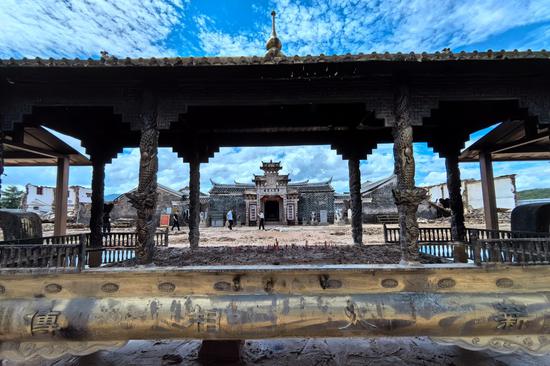


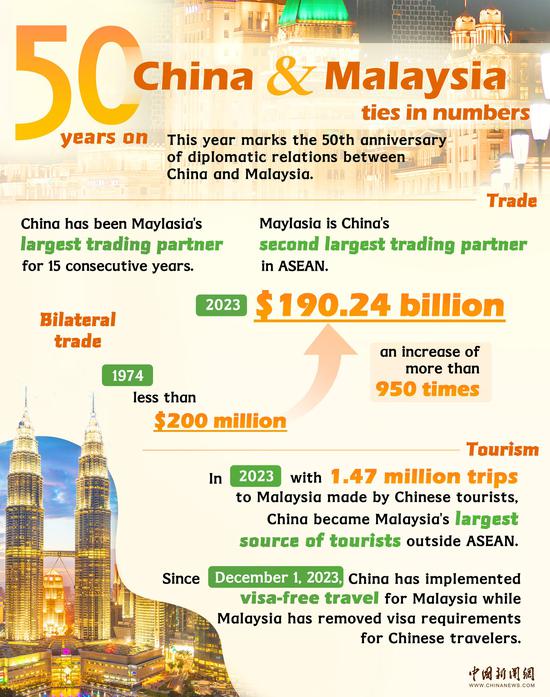
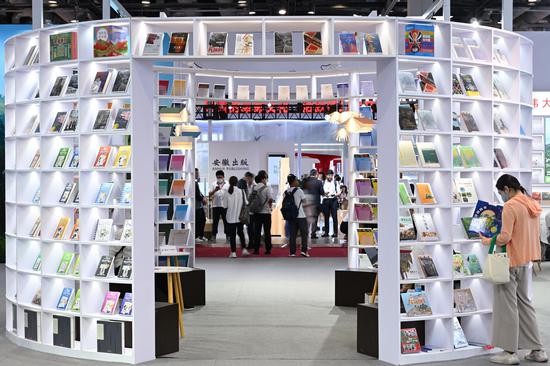
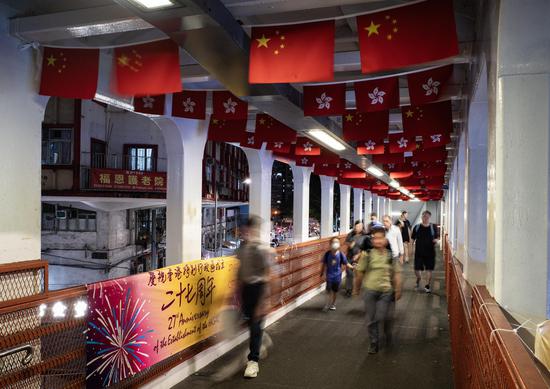



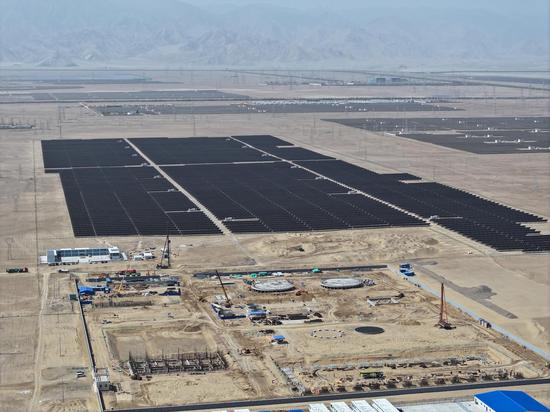



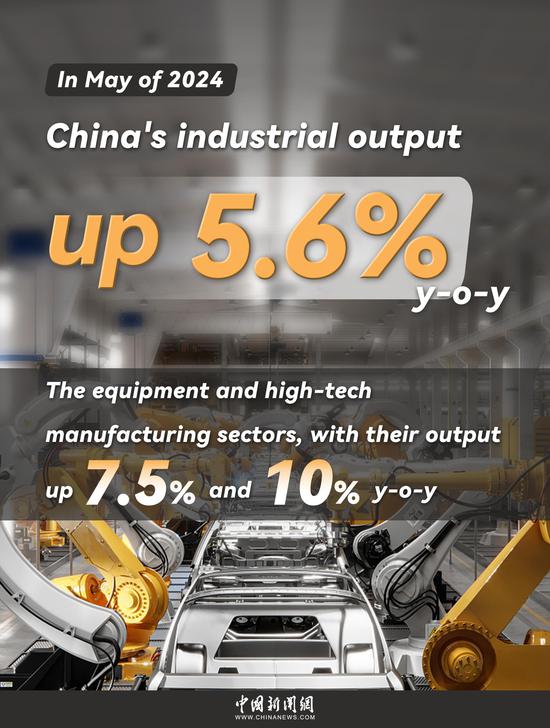
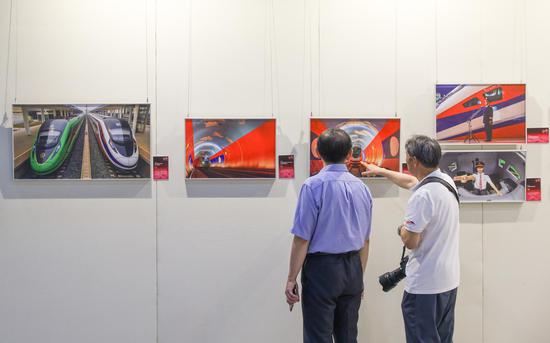



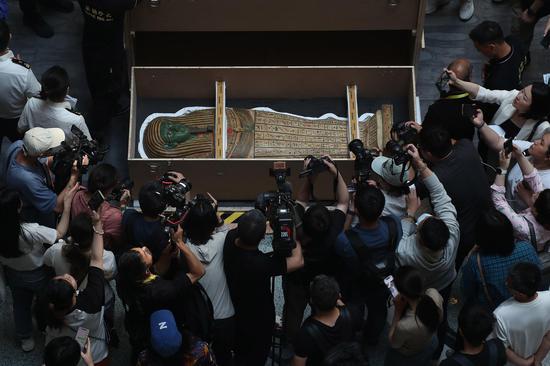





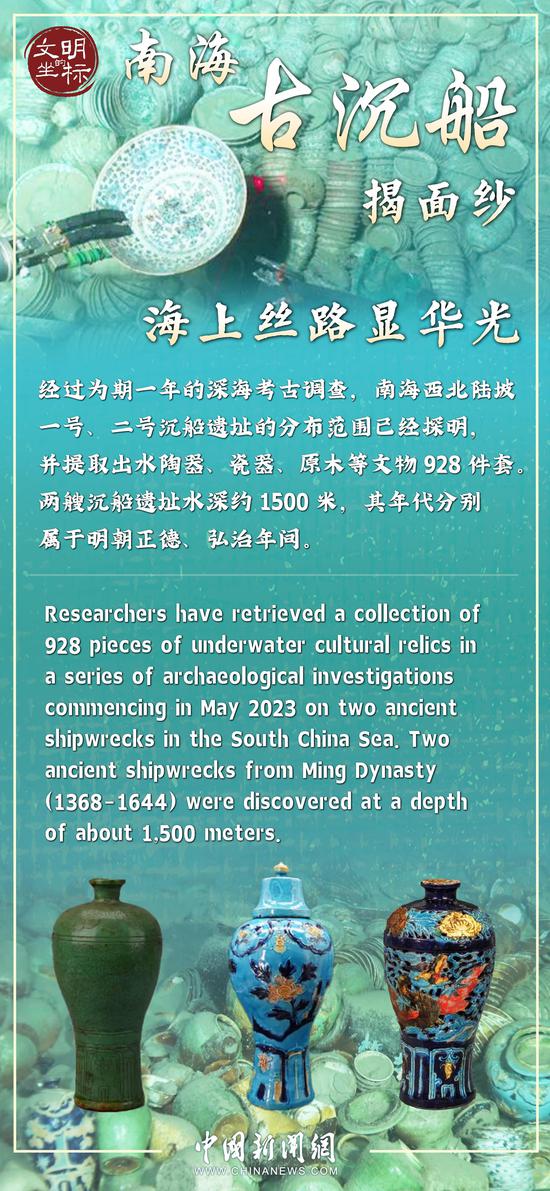
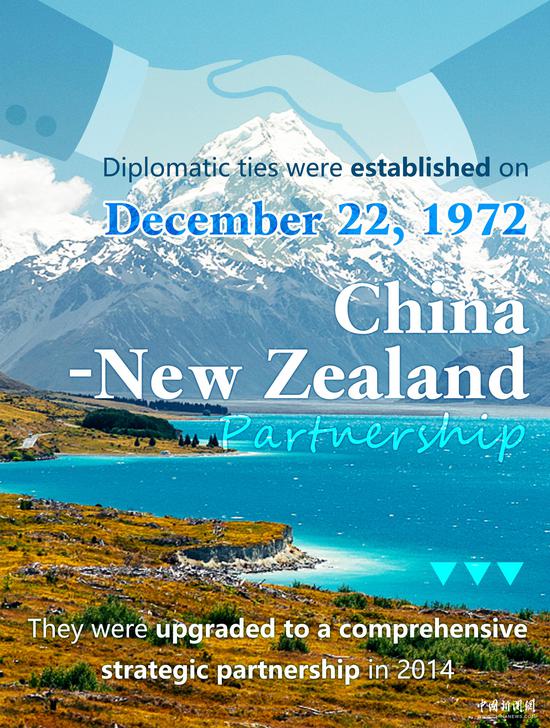







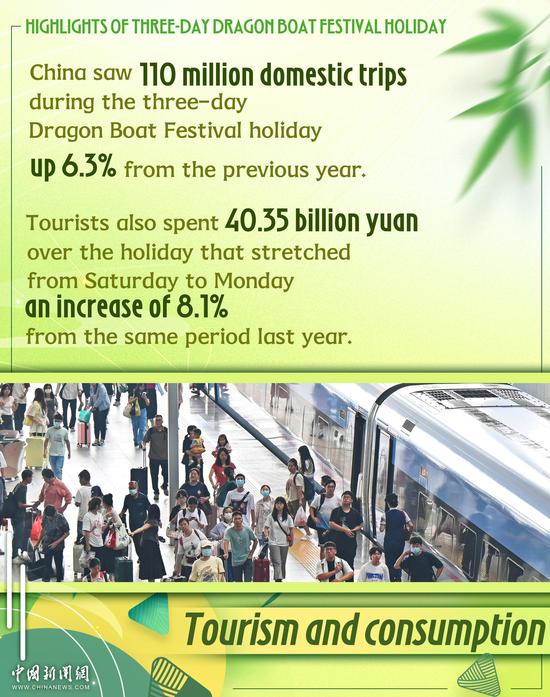


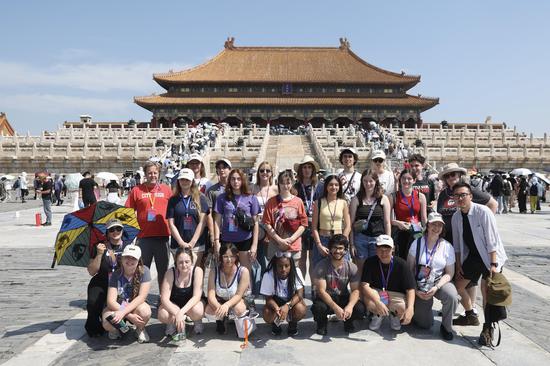





 京公網安備 11010202009201號
京公網安備 11010202009201號